Dubai is one of the world’s premier real estate destinations. Its luxury amenities, modern infrastructure, and cosmopolitan lifestyle attract many expatriates. Owning property in Dubai is often a rewarding investment for those who can afford it. Your price will depend on the location, property type, whether you want villas for sale in Dubai or Apartments, and your budget. For individuals with smaller budgets, renting properties in Dubai may be more practical and flexible.
To operate legally in the real estate market, landlords in Dubai must comply with regulations set by key government authorities, including the Dubai Land Department (DLD), the Real Estate Regulatory Agency (RERA), and the Rental Dispute Settlement Centre (RDC).
Understanding your rights and responsibilities as a landlord in Dubai is essential to avoid disputes and ensure a smooth rental process. Registering your tenancy agreement through Ejari is mandatory, as this system safeguards landlords and tenants under Dubai’s rental law framework. Let’s take a closer look at:
- Rights of landlords and tenants
- Key landlord rights in Dubai
- Duties and responsibilities of landlords in Dubai
- Best practices and advice for landlords
- Changes to Dubai Tenancy Laws in 2025
- How eviction work in Dubai? A step-by-step guide
- Common landlord mistakes to avoid
- Comparison table: tenant vs landlord Dubai rights
- Important contact details
- Key takeaways
- FAQs
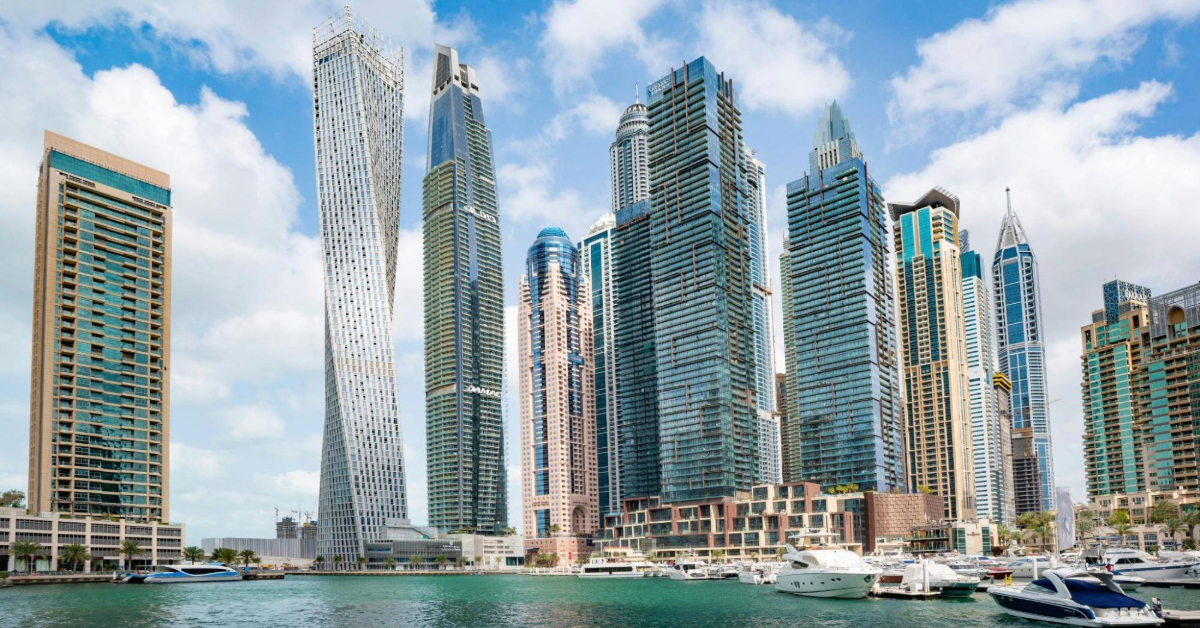
Rights of landlords and tenants
Landlords in Dubai have rights that property seekers must know about. A tenant can be evicted by the landlord on the grounds of non-payment of rent or lease violations. However, the landlord must officially serve an eviction notice and pursue a claim through RDC if the tenant fails to comply.
Landlords can claim rent on a specific monthly date specified in the lease agreement. Unless the contract states otherwise, utilities such as electricity and water are generally borne by the tenant.
DLD’s rent index determines any increase in the rental cap. A 5% increase is only permissible if the current rental is below 10% (or lower) of the market average. Further, the landlord is responsible for all major maintenance work on their Dubai property, while tenants are expected to spend on minor repairs.
Further, a tenant can be asked to pay a refundable security deposit that should not exceed 5% of the annual rental. This deposit amount is usually returned to the tenant at the end of the lease agreement, provided the rented property is left in good condition and there are no outstanding bills. The security deposit aims to protect landlords from lease violations and damages to their property.
As a tenant in Dubai, you are expected to provide your landlord with a notice period of 60 to 90 days should you intend to vacate the property before the lease expires. Your landlord is not obligated to refund any rental payments. Generally, the landlord is responsible for maintaining the property and paying maintenance fees.
Always verify the clauses in the lease agreement. If neither party gives notice of any change 90 days before the contract’s expiry, the lease agreement automatically renews with the same terms.
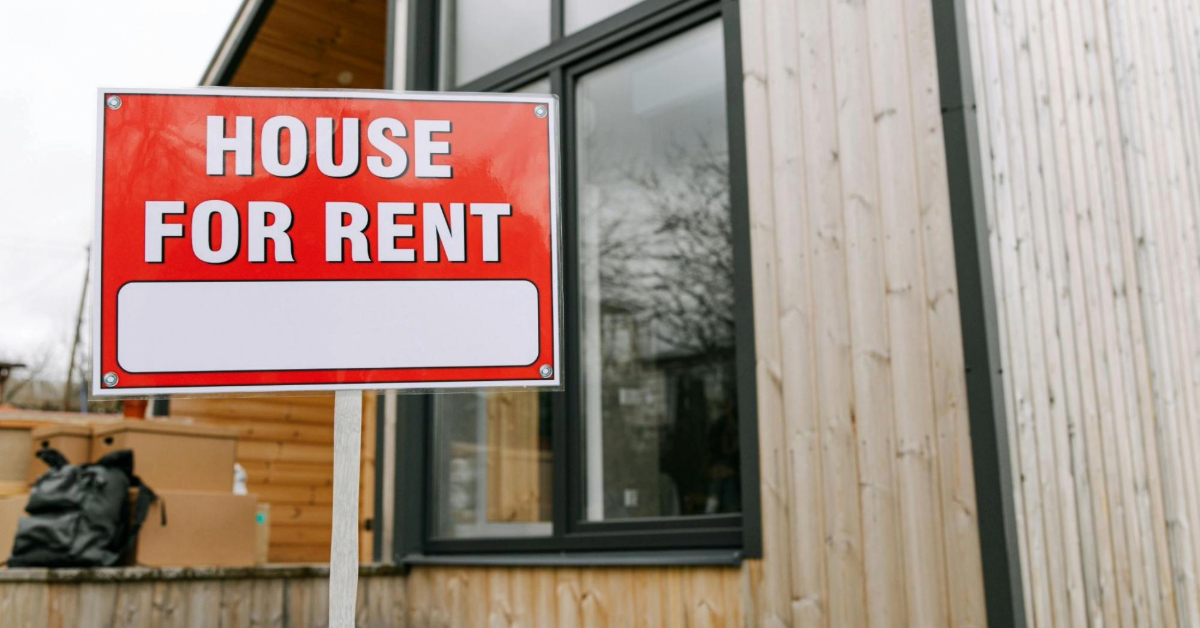
Key landlord rights in Dubai
The following are the main rights that apply to landlords in Dubai. Understanding these ensures you can manage your property effectively and comply with local regulations.
Rent collection
The official RERA rental index governs rent increases. As a landlord in Dubai, you have the right to receive timely rental payments, as outlined in your contract.
A landlord can accept payments from the tenant through two different methods. The payment mode must be agreed upon when signing the contract. Standard rental payment methods are post-dated cheques and bank transfers.
If the tenant fails to pay rent, the landlord should document their payment history. The best way to resolve the issue is to communicate with the tenant directly. If such communication does not deliver favourable results, the landlord can issue a formal legal notice to the tenant.
If the tenant refuses to cooperate and vacate the property, the landlord can file a court case to recover dues and begin eviction proceedings.
Explore the Available Properties for Rent in Dubai
-
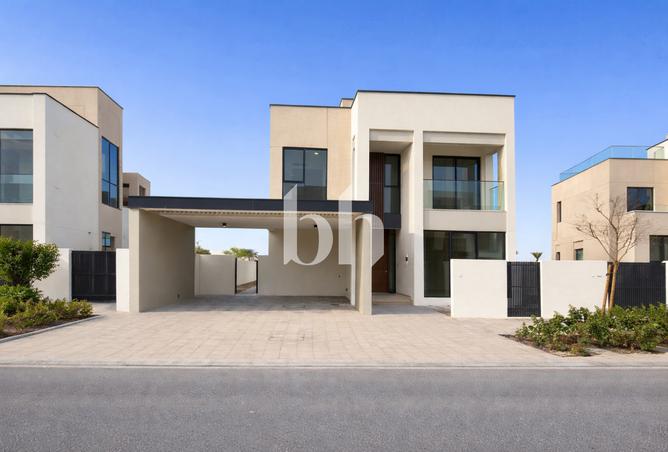
Villa
Listed 2 weeks ago
380,000 AED/year
PRICED TO RENT | SINGLE ROW PRIVATE PLOT | MOTIVATED OWNER
Caya 1, Arabian Ranches 3, Dubai
4
5
4,098 sqft
-

Villa
Listed 2 months ago
500,000 AED/year
Exquisite Living | Luxurious Villa | Elie Saab
Elie Saab 1, Elie Saab, Arabian Ranches 3, Dubai
4
4
4,128 sqft
-

Villa
Listed 1 week ago
274,999 AED/year
True Corner Triplex | Single Row | Negotiable
Bliss, Arabian Ranches 3, Dubai
4
5
1,569 sqft
-

Villa
Listed 8 hours ago
800,000 AED/year
Brand New White House 6BR Villa With Pirvate Pool
Nad Al Sheba Gardens 4, Nad Al Sheba 1, Nad Al Sheba, Dubai
6
7
12,692 sqft
-

Apartment
Listed 9 hours ago
90,000 AED/year
Fully Furnished | Multiple Cheques | Near to Metro
Binghatti Creek, Al Jaddaf, Dubai
1
2
693 sqft
-

Villa
Listed 1 day ago
850,000 AED/year
Brand New | 6BR Villa with Pool and Big Garden
Nad Al Sheba Villas, Nad Al Sheba 3, Nad Al Sheba, Dubai
6
N/A
18,500 sqft
-

Villa
Listed 1 day ago
1,500,000 AED/year
Brand-New 7BR + Maid | Fully Smart House
Nad Al Sheba 4, Nad Al Sheba, Dubai
7
7+
15,011 sqft
-

Villa
Listed 1 day ago
1,100,000 AED/year
Private Pool | Four Bedrooms | Available
The Hartland Villas, Sobha Hartland, Mohammed Bin Rashid City, Dubai
4
5
6,018 sqft
-

Villa
Listed 2 days ago
1,800,000 AED/year
Fully Furnished and Upgraded Villa | Sea Views
Villa Amalfi, Jumeirah Bay Island, Jumeirah, Dubai
3
4
5,937 sqft
-

Villa
Listed 2 days ago
1,390,000 AED/year
Vacant Now | Landscaped | Upgraded Kitchen
Garden Homes Frond C, Garden Homes, Palm Jumeirah, Dubai
5
6
7,375 sqft
Security deposit
A security deposit is the money paid to the landlord initially, as surety. In Dubai, it ranges from 5% (for unfurnished properties) to 10% (for furnished properties) of the annual rental.
The landlord can deduct outstanding rentals, unpaid utility bills, and other pending tenant dues from the security deposit. This security deposit is refundable on expiry of the contract, provided the property is left in good condition without outstanding dues.
Property inspections and maintenance standards
In Dubai, landlords are usually responsible for structural maintenance and major property repairs. After giving adequate notice to the tenant, they can inspect their property to ensure it’s maintained well. Tenants are usually expected to handle minor property maintenance and clean the premises.
Lease renewal and rent increases
Landlord Dubai can raise its rent based on the RERA rental index, as this authorised body caps rental hikes. The landlord needs to give their tenant a minimum written notice of 90 days before raising the rent. This written notice should specify the proposed hike and the date the new rental amount will take effect.
Any change to an existing lease agreement necessitates a 90-day written notice by the landlord.
Eviction processes and regulations
Under certain conditions, the landlord can evict the tenant. These include the non-payment of rent, violation of public order, damage to the property, property demolition or renovation, personal use, and more.
The landlord must give a 12-month written notice for a no-fault eviction, which includes the owner moving in, selling, or renovating their property.
Termination of tenancy agreements
With proper notice, Dubai landlords can terminate a lease agreement after it expires. The rental agreement will automatically renew if the landlord wishes for the tenant to continue residing on their property and the tenant has no immediate plans to vacate.
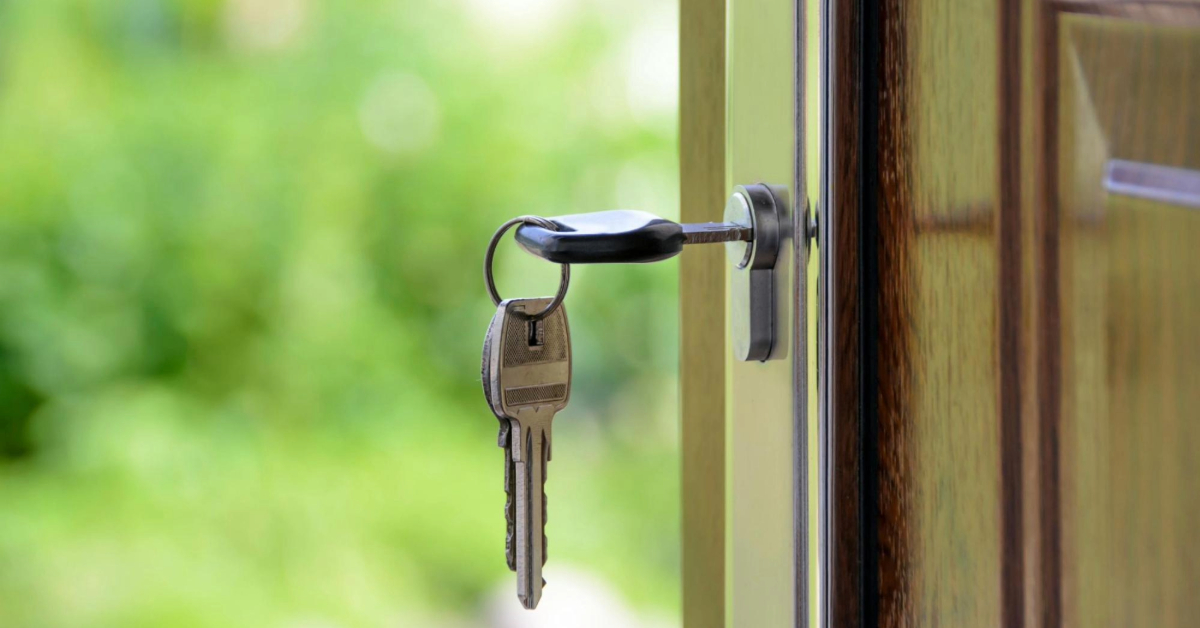
Enforcement and dispute resolution
Dubai landlords can file a complaint online at the Dubai Land Department portal to settle rental disputes. Landlords can also attend a complaint hearing at the Rental Dispute Settlement Centre (RDC). For such disputes, you must document all your written communication with the tenant, payment receipts, and inspection reports.
Penalties and fines
Landlords have the right to penalise tenants who break the rules of the tenancy agreement. Such penalties must be at least 5% of the annual rental value.
Also, unauthorised rental increases are regulated by law. The tenant has a right to file a complaint against the landlord for an unauthorised increase in rental.
Duties and responsibilities of landlords in Dubai
Landlords can raise the rent of their properties. However, they can only do so in a reasonable way while complying with local laws. They must consider market trends and demands, avoiding overburdening the tenant with a rent hike.
The landlord in Dubai has the duty to oversee their property and ensure it is livable. Repairs must also be carried out on time. Besides, strict procedural guidelines must be followed for notices and communications.
Best Practices and advice for landlords
Landlords in Dubai can follow these best practices to manage tenants and rental collections better.
Contract clarity
Draft a detailed and precise tenancy agreement. Specify the rental amount in the contract. Decide the payment schedule and maintenance obligations before signing the contract with the tenant. Document the property’s condition at the start of the lease to compare its state on expiry of the contract.
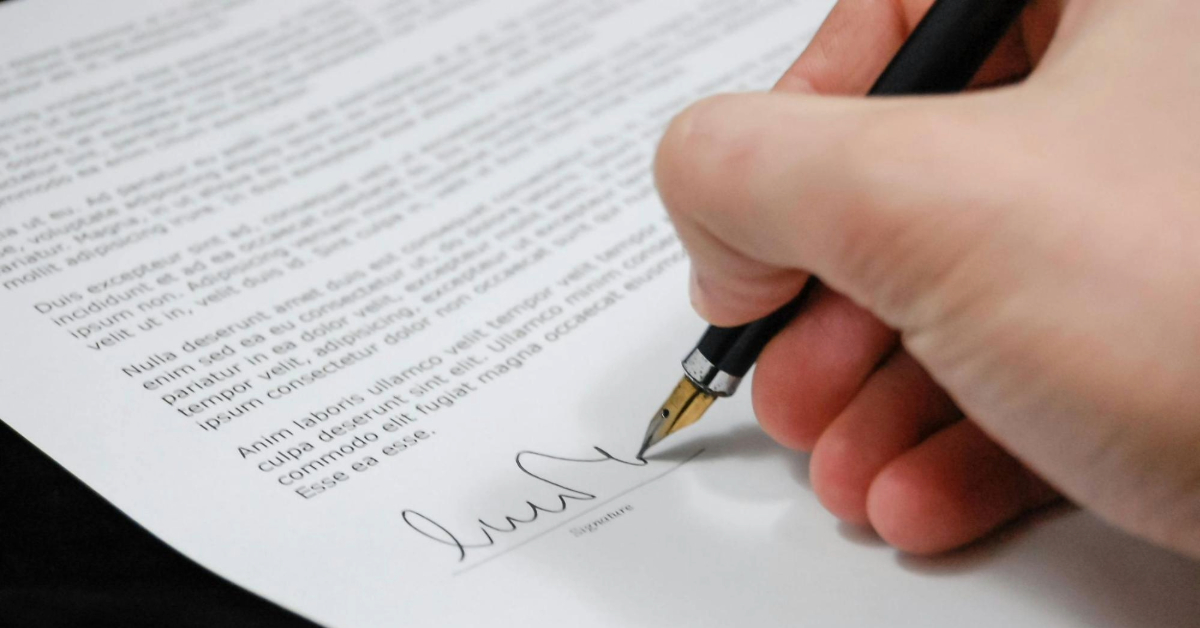
Legal compliance and awareness
Landlords have to review and follow RERA guidelines regularly. They can consult real estate lawyers for complex cases.
Efficient dispute handling
The Rental Dispute Centre (RDC) in Dubai handles disputes between landlords and tenants. Notices and records submitted are only considered valid when properly dated and signed.
Tenant relations and communication
As a landlord in Dubai, you must give your tenant adequate notice before conducting routine inspections. You must also maintain a checklist for these inspections to ensure transparency and thoroughness. Landlords must remain professional and courteous at all times to foster trust.
Changes to Dubai Tenancy Laws in 2025
Landlords must provide a 90-day written notice period (minimum) before increasing the rental. However, to terminate a tenancy agreement to use or sell the property, a landlord must give a 12-month notice.
Rental hikes must align with the RERA rental index. RDC has introduced digital services to handle rental disputes and enhance efficiency.
How does eviction work in Dubai? A step-by-step guide
Valid grounds for eviction include non-payment of rent, unauthorised subletting, and lease violations. If direct communication with the tenant does not deliver favourable results, the landlord can issue a formal legal notice to the concerned tenant. Still, if the tenant refuses to comply and vacate the property, the landlord can file a court case to recover dues and begin eviction proceedings.
A no-fault eviction includes the landlord moving in/selling, renovating/redeveloping their property. In such cases, the landlord must give a 12-month official written notice to the tenant. File a complaint with the RDC if the tenant refuses to vacate.
Common landlord mistakes to avoid
You must submit a proper written notice for eviction or an increase in rentals. If you need to agree on terms and conditions for property repairs, rental payments, changes in tenancy terms, and more, always document such arrangements. This helps during disputes between the tenant and landlord.
Ignoring RERA rental regulations or RDC processes is a common mistake landlords should avoid. Landlords can access their property for repairs, inspections, and emergencies. However, they must give the tenant adequate notice before such an inspection to avoid violating the tenant’s right to privacy.
Comparison table: tenant vs landlord Dubai rights
| Feature | Landlord Rights | Tenant Rights |
| Rent Collection | Enforce timely payment | Fair payment terms |
| Security Deposit | Claim and demand deductions | Right to a full refund if no damage |
| Inspection | Access with notice | Advance notice required |
| Eviction | Evict for a specific cause; notice for no-fault | Contest the unjust eviction, appeal to the RDC |
| Rent Increase | Apply the RERA index | Raise appeal for above-index increases |
| Dispute Resolution | File with RDC | File with RDC |
Important contact details
RERA issues guidelines and regulations that apply to Dubai’s real estate market. These ensure transparency, maintain standards, and protect investors. To contact this regulatory agency, call the Dubai Land Department’s (DLD) hotline on 600555556 or email info@dubailand.gov.ae.
Dubai’s Rental Dispute Centre (RDC) can be contacted on +971-800-4488. Alternatively, you can visit their official website. Their address is:
Dubai Land Department Building,
Baniyas Road, P.O. Box: Dubai 1166,
Makani: 30404 94991, UAE
Key takeaways
Landlords in Dubai should be well aware of their rights and obligations to ensure efficient, profitable, and conflict-free property management. Clear contracts, open communication, and thorough documentation are essential to protect landlord interests.
The Rental Dispute Centre (RDC) now offers digital processes that streamline dispute resolution and provide cost-effective outcomes.
Landlords must give a 90-day written notice for lease termination and adhere to RERA guidelines regarding rent increases. For no-fault evictions, a minimum 12-month written notice is required.
FAQs
The minimum notice period for lease termination in Dubai is 90 days for regular terminations and 12 months for owner-occupied properties, sales, or renovations.
Rent increases must align with the RERA rental index and cannot exceed established caps.
The eviction process involves serving a written notice to the tenant (on specific valid grounds), using RDC for disputes, and filing a court case, if unresolved.
Landlords can inspect their property with reasonable advance notice. Tenants must allow the landlord access to assess the property’s condition.
Rental disputes are resolved through the Rental Dispute Centre (RDC), which offers mediation/arbitration and binding decisions.






